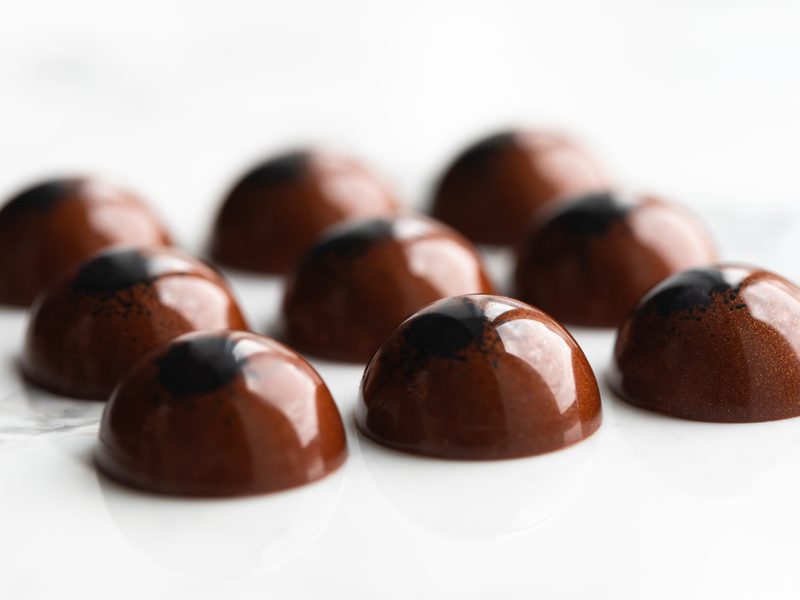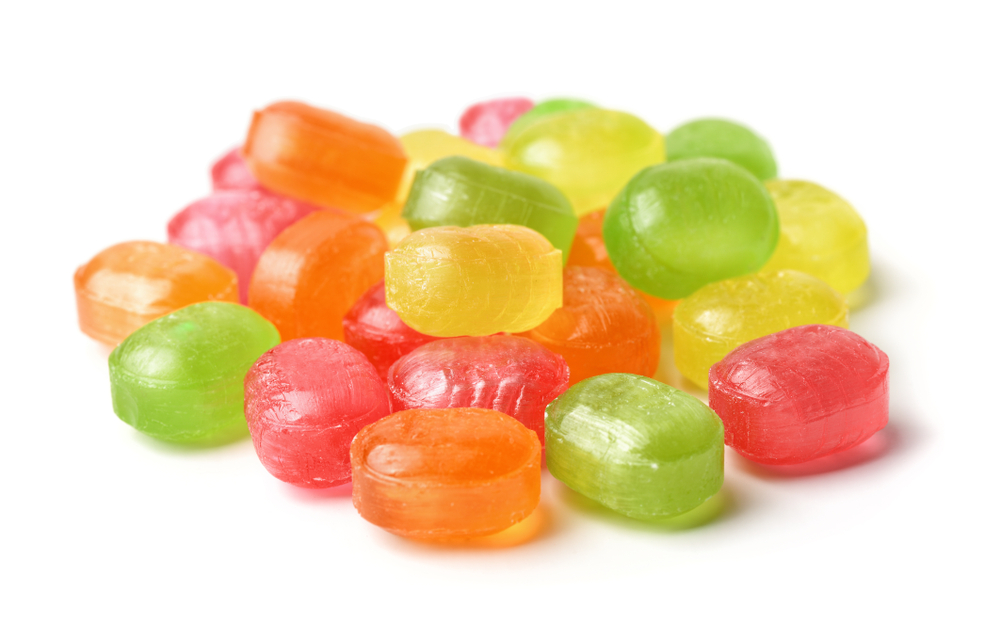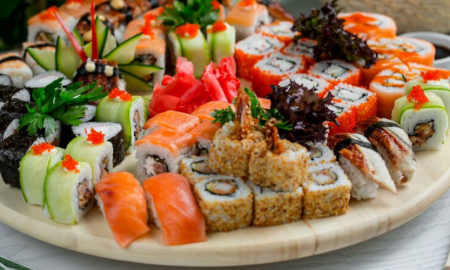
Trying to Cut Back on Added Sugar? Why These Ingredients are Holding You Back

The struggle is real, right? No matter how much you try to minimize the amount of added sugar you consume on a daily basis, it always seems like you’ve surpassed it. You know it’s bad for you, but the reality is that added sugar is hiding in nearly everything you eat.
Even the most subtle food labels like ‘brown rice syrup’ and ‘flavored chicken soup’ are the number one suspects. However, with some knowledge on the different kind of food labels out there, you can identify these tricky ingredients and avoid them altogether.

Africa Studio/Shutterstock
Sugar is one of the leading causatives of quite a number of chronic diseases, including diabetes.
That being said, here are the usual food label suspects disguised as nutritious, but are really just added sugar.
Date Sugar and Coconut sugar
Surprisingly, these food labels are prevalent in natural foods products. Can you imagine! Most consumers know that coconut sugar is extracted from the coconuts of palm trees; specifically the buds. Additionally, date sugar is extracted from dried up dates that have been grounded.
While this might be the case, it would be wise to steer clear from any type of sugar; or to keep its consumption to a minimal. Even if it’s in whole foods!

Anton Starikov/Shutterstock
The sugar conspiracy of the ‘50s is considered one of the reasons why obesity is quite prevalent in America today. Corporate companies aimed at blaming fat as the main reason for obesity, while the reality was all the sugar that people were consuming
Any food label with the word ‘syrup’
You’ve probably discovered that high-fructose corn syrup is a ‘no-no’ when you’re trying to cut back on the amount of sugar you’re consuming. However, the rule should extend to any food label with the word ‘syrup’ at the end. Whether it’s rice, maple, or sorghum syrup. Despite how differently each of these syrups is made, every syrup is really just added sugar!
Perhaps the one exception you can make is maple syrup (though not so much) due to all its nutritional benefits. In fact, one tablespoon of it meets your daily recommendation of manganese by 25%. As you know, manganese aids in the production of collagen, which increases bone and skin health.

Prostock-studio/Shutterstock
Thankfully, the sensitization on the harmful effects of sugar has led to a steady reduction in consumption of sugar. However, sugar is still added to other products as hidden food labels
Molasses
Due to its sweet flavor, quite a number of molasses are concentrated in the baked goods and cereals that are consumed on a daily basis. However, you have to understand that this gooey ‘SYRUP’ is a mixture of the byproducts of sugar beets and sugar cane.
Though it might provide about 60% of the daily recommended intake of calcium and iron, and is known to have plenty of antioxidants, it is still regarded as a sweetener and should be consumed in minimal amounts.
Evaporated cane juice
This is by far the number one suspect on this list because of sounding so health-ish. In fact, nutritionists have come to the conclusion that evaporated cane juice and white processed sugar are more or less the same! The only difference is that white sugar had undergone further processing just to have its brown color removed. So it would be wise to steer clear from it.
Food labels ending with the suffix –ose
In Latin, the suffix –ose is used to denote any kind of sugar. In fact, there are dozens of them that appear on quite a number of food labels. The likes of maltose, glucose, galactose, lactose, fructose, and sucrose, just to mention a few. Interestingly, you can find these sugars in almost every natural occurring food such as milk and fruits. Hence, it would be wise to keep their intake to a minimal. This is one of the reasons why dieting is extremely important in the modern world.
More in Health & Well-being
-
`
How to Tell if a Bipolar Man Loves You – Key Signs and Indicators
Relationships, especially those involving someone with bipolar disorder, can be challenging but rewarding. The highs and lows characteristic of bipolar...
August 15, 2024 -
`
How to Prepare for All You Can Eat Sushi Buffets – Tips & Tricks
Are you ready to enjoy a sushi buffet and make the most out of your dining experience? If you’re a sushi...
August 9, 2024 -
`
How Does the Brain Play Into Mindset? The Power of the Mindset
How does the brain play into mindset? Within the brain lies the foundation of our mindset, shaping our perceptions and guiding...
August 3, 2024 -
`
How Often Should You Meditate to Achieve Your Goals
How often should you meditate to achieve its benefits? This question is often asked by those looking to incorporate this practice...
July 25, 2024 -
`
How to Be a Better Wife? 10 Essential Tips
Marriage is a beautiful journey, a tapestry woven with moments of joy, tenderness, and perhaps even a few snags along the...
July 19, 2024 -
`
The Best Quotes About Shadow Self You Need to Read
The journey of self-discovery is incomplete without acknowledging the parts of ourselves that lurk in the dark—the shadow self. “Owning Your...
July 12, 2024 -
`
How to Make Your Wife Happy and Strengthen Your Bond
You’ve probably heard the age-old advice, “Happy wife, happy life.” But what does it really mean to make your wife happy?...
July 5, 2024 -
`
Top 6 Best Beaches in Lake Tahoe You Should Not Miss
Lake Tahoe is a gem nestled in the Sierra Nevada mountains, boasting some of the most breathtaking beaches you will ever...
June 28, 2024 -
`
6 Practical Ways of Using Social Media Less & Be More Productive
In today’s digital age, knowing how to spend less time on social media is a game-changer. Social media, though engaging, can...
June 20, 2024















You must be logged in to post a comment Login